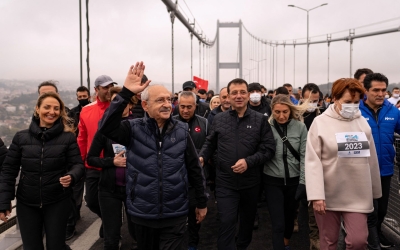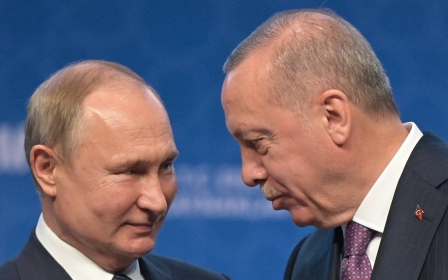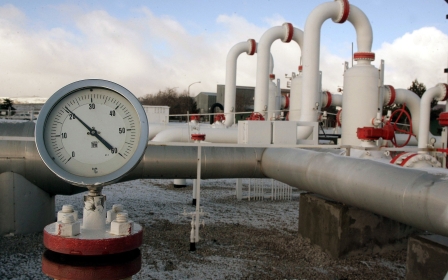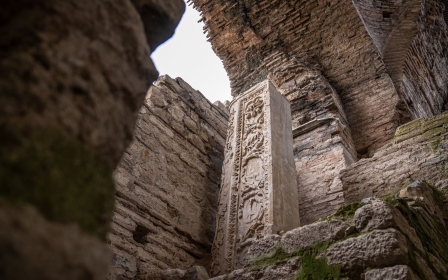Turkey: Istanbul and Ankara mayors 'won't run against Erdogan' in 2023 vote
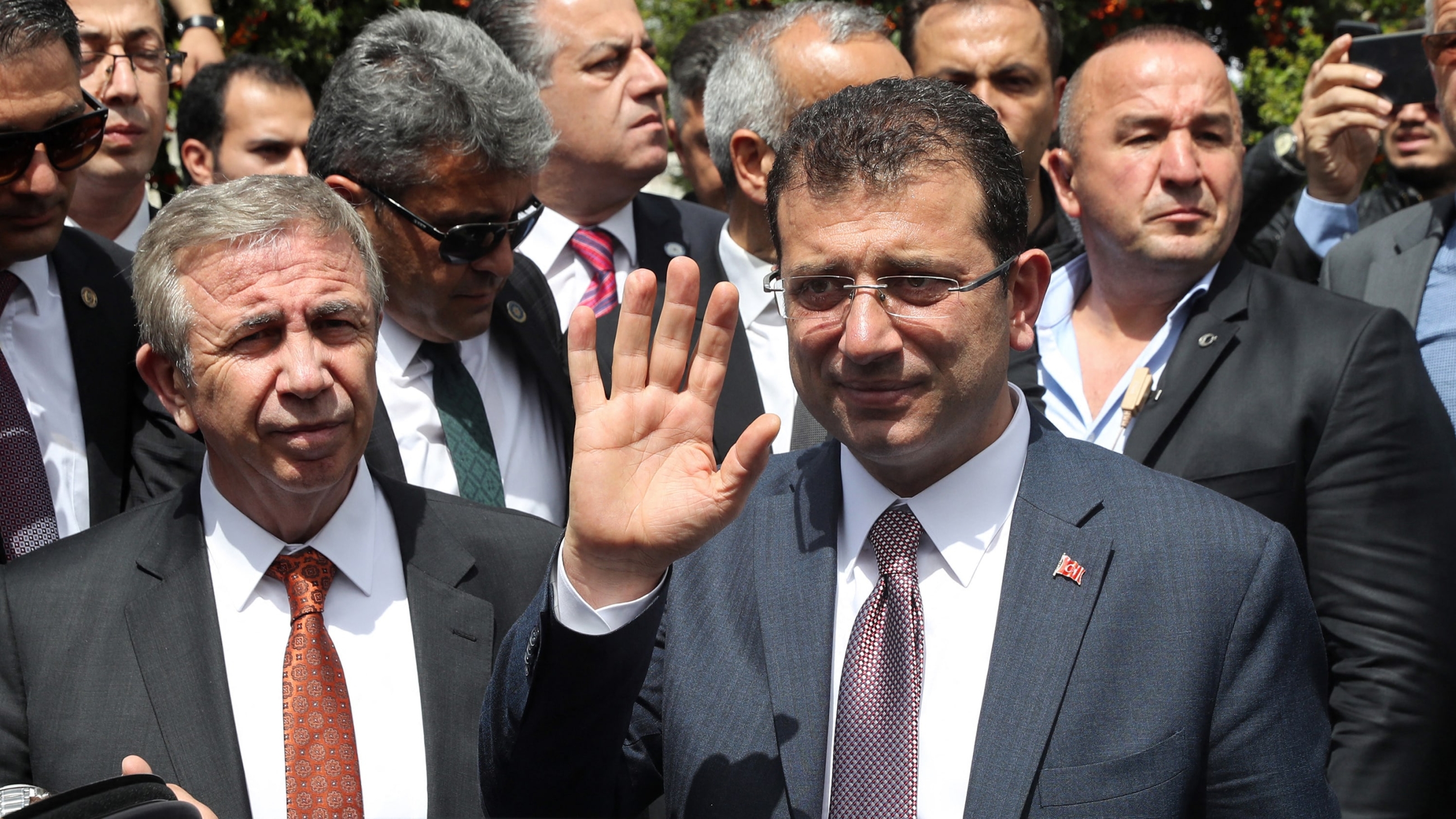
Popular mayors of Istanbul and Ankara won't run against Turkish president Recep Tayyip Erdogan in the upcoming 2023 presidential elections, the leader of the country's main opposition party said on Monday.
Instead, Ankara mayor Mansur Yavas and Istanbul mayor Ekrem Imamoglu would continue running the country's two biggest cities, Kemal Kilicdaroglu, head of the Republican People's Party (CHP) told Reuters.
Yavas and Imamoglu, both of the CHP, were leading in a recent poll by Metropoll by scoring 60.4 percent and 50.7 percent respectively.
But Kilicdaroglu said, "these surveys are of no importance for today".
The comments reinforce expectations that Kilicdaroglu, 73, will be the presidential candidate representing a six-party opposition alliance in elections due to be held in June next year.
"Of course, five party leaders pronouncing me as a candidate would be an honour. It also means they have trust," he said.
Six political leaders met in Ankara on 12 February and announced they would form an opposition alliance in a bid to oust Erdogan from power in the upcoming vote.
In addition to Kilicdaroglu, the bloc includes Saadet Party (SP) Chairman Temel Karamollaoglu, IYI Party Chairman Meral Aksener, Future Party Chairman Ahmet Davutoglu, DEVA Party Chairman Ali Babacan, and Democrat Party (DP) Chairman Gultekin Uysal.
Trailing in polls
Though the opposition coalition has not named a presidential candidate, surveys by Metropoll show Kilicdaroglu is far less popular - at 28.5 percent - than three other possible names.
In the same poll in December last year, 37.9 percent said they preferred Erdogan.
The survey showed Kilicdaroglu was the only potential candidate whom Erdogan would beat.
The six party leaders said they would discuss their candidate later but first need to agree on economic, social, and other policies for their joint platform.
It is "very obvious and very clear" that whoever they choose will become president, Kilicdaroglu said.
Under his 12-year leadership of the CHP, Kilicdaroglu has moved the party from nationalist Kemalist politics to a more progressive and left-leaning force.
The leader dropped the party’s opposition to the hijab and tried to build bridges with other political movements, such as Islamists and conservative democrats.
He also managed to convince the Turkish nationalist IYI Party and pro-Kurdish HDP to support the same candidate in mayoral elections in 2018, where the opposition beat the ruling Justice and Development Party - known as the AK party - in Istanbul and Ankara for the first time in nearly two decades.
In an apparent signal of his willingness to run for president, Kilicdaroglu removed CHP flags from his personal Twitter account, only keeping a Turkish flag.
He also now only attaches a Turkish flag pin to his jacket, again sidelining CHP symbols.
As part of his portfolio, Kilicdaroglu has promised that Turkey will send home the millions of Syrian refugees it hosts and re-establish diplomatic ties with President Bashar al-Assad if the opposition alliance wins the elections.
"If needed, the United Nations needs to get involved, a 100% guarantee should be received from Assad," he said.
"That guarantee needs to be tied to international accords, that he will not attack them, that their material and life security will be preserved."
Kilicdaroglu is a critic of Turkey's purchase of Russian S-400 missiles, which caused a rift with Washington.
He also said he would overhaul the central bank's leadership if elected.
A former economist and civil servant who lacks the president's fiery charisma, Kilicdaroglu has lingered in Erdogan's shadow as the CHP, which he has chaired since 2010, suffered repeated defeats during his tenure.
Kilicdaroglu has become a favourite target for Erdogan and the CHP leader has stoically absorbed near-daily criticism and even scorn from the man who has dominated the country's political scene for nearly two decades.
Middle East Eye propose une couverture et une analyse indépendantes et incomparables du Moyen-Orient, de l’Afrique du Nord et d’autres régions du monde. Pour en savoir plus sur la reprise de ce contenu et les frais qui s’appliquent, veuillez remplir ce formulaire [en anglais]. Pour en savoir plus sur MEE, cliquez ici [en anglais].


